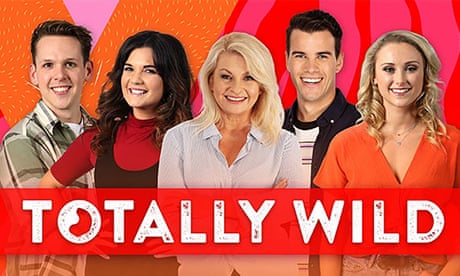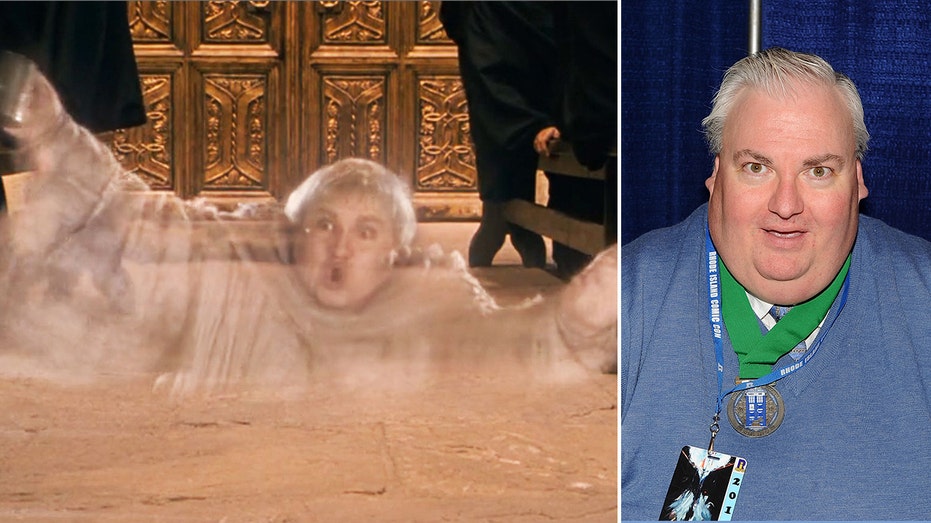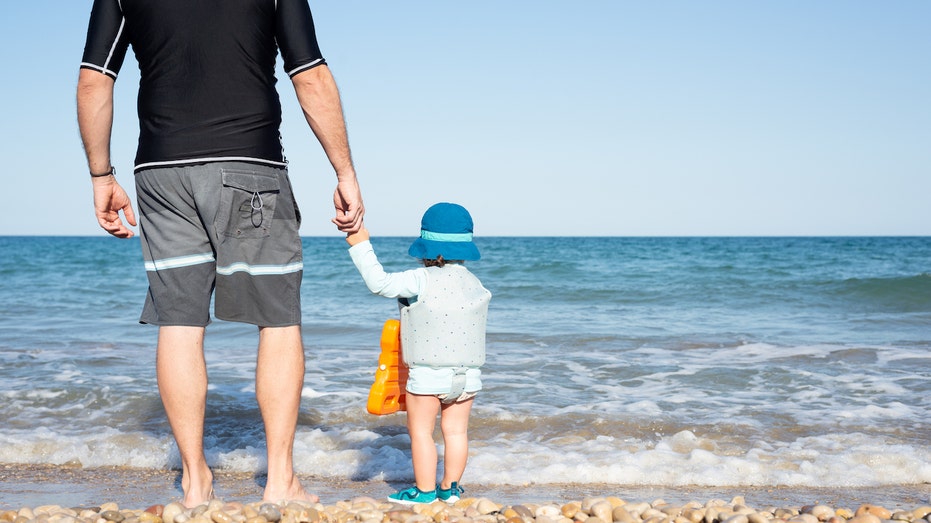- by foxnews
- 11 Mar 2025
Australian-made children’s TV all but gone from commercial free-to-air networks
Australian-made children’s TV all but gone from commercial free-to-air networks
- by theguardian
- 22 Aug 2022
- in news

Locally made children's programming has all but been abandoned by the commercial television networks after the effective abolition of the quota by the Morrison government.
The leading commercial network, Seven, screened just six and a half hours of children's television last year and none of it was Australian-made. The single program was a live action show from New Zealand called Mystic.
In 2021 the Nine network screened 47 hours of children's television and Ten screened 40 hours, according to the first report by the Australian Communications and Media Authority since the new standards came into effect in January 2021.
Under the old standards, each network had to broadcast a minimum of 260 hours of children's programs annually, of which half had to be first release, and a minimum of 130 hours of Australian preschool programs annually.
Prof Elizabeth Handsley, the president of Children and Media Australia, said the results were not surprising. "It was a foregone conclusion that hours of quality children's television would drop noticeably when there was no longer a mandated quota," Handsley told Guardian Australia.
"The networks never took their obligations under that quota to heart. Nor is it surprising that there is a variation in the coverage now, as some were even less enthusiastic than others. But it's still really disappointing, because in a landscape that's flooded with all kinds of content from all kinds of sources, properly curated, readily accessible Australian programming is needed more than ever."
The minister for communications, Michelle Rowland, said the figures were stark. She committed the government to reviewing Australian content rules as part of Labor's national cultural policy. Consultation is under way, with submissions due by 22 August.
"The findings of the Acma report are concerning and highlight the need for high-quality Australian children's content to be made available across a range of platforms," Rowland said.
"Our kids need to grow up with the opportunity to enjoy and learn from locally produced shows. These results reaffirm the need for screen policy settings to be carefully considered."
Nine produced two animated children's titles, Alice-Miranda and Space Nova, one live children's action, The Gamers 2037, and a game show, Smashdown!: Search for the G.O.A.T.
Ten produced two live action children's dramas, Dive Club and The Bureau of Magical Things, and one lifestyle show, Totally Wild.
The free-to-air lobby has argued for years that children's quotas, which dictated that networks must produce a certain number of hours of children's and preschool programs, are irrelevant and hurt the bottom line. They wanted children's television to be the responsibility of the national broadcaster.
At the beginning of the Covid outbreak in 2020, the communications minister at the time, Paul Fletcher, suspended the Australian content obligations for the year, which included adult drama, and in January 2021 he brought back a watered-down scheme that included no obligation on the commercial broadcasters to screen Australian children's programs.
Foxtel was a major beneficiary of the Fletcher reforms as the requirement to allocate 10% of the revenues of its drama channels on local content was halved.
The streaming services, such as Netflix and Disney+, are not subject to Australian content regulation.
Screen Producers Australia warned two years ago that scrapping quotas would result in more than half of Australian content disappearing from free-to-air television and that the cost of children's content was particularly small in context of overall program expenditure (1.34%).
SPA's chief executive, Matthew Deaner, said the market had "effectively collapsed" as it removed three of the four children's content commissioners.
"Now the ABC is the only platform creating local content for a young audience," Deaner told Guardian Australia. "This has had flow-on effects across the sector for employment, skills development and training but importantly also for children's audiences who, while continuing to receive large amounts of international content on commercial broadcaster's services, are no longer being served Australian stories on these platforms."
Fletcher, now the shadow minister for the arts, Fletcher his government's policy, saying: "The evidence showed very few children were watching children's television on the commercial free-to-air television networks."
- by foxnews
- descember 09, 2016
High-end vacation resort bans children to achieve 'tranquil environment'
The Alila Marea Beach Resort, located in Encinitas, California, has announced that it's no longer accepting kids and is transitioning to an adults-only vacation spot.
read more


